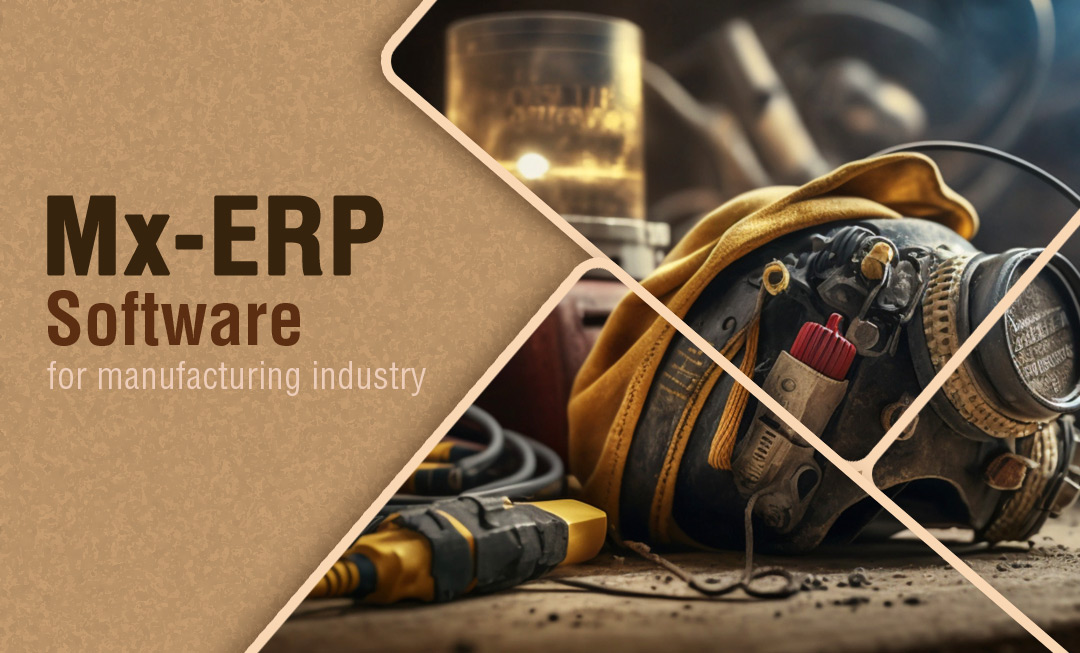
Enterprise resource planning is a term that includes numerous processes and roles. When used in a manufacturing industry, ERP is used to collect data from many different sources, like external suppliers, internal inventory and production records. Find out in this blog post the top five ways this technology has helped the industry over the years!
Introduction
In today's competitive landscape, manufacturers must constantly strive to improve efficiency and quality while reducing costs. Enterprise Resource Planning (ERP) systems are one way that manufacturing companies are able to gain a competitive edge. ERP systems help businesses manage their resources more effectively and efficiently, resulting in improved overall performance.There are many different ways that ERP is helping the manufacturing industry. Here are some of the top ways:
- Reduced Costs: One of the biggest benefits of ERP for manufacturing companies is the reduced costs associated with it. By integrating all business processes and data into a single system, companies can eliminate duplicate data entry, manual processes, and other inefficiencies that lead to higher costs.
- Improved Quality: With an ERP system in place, manufacturers can better track and manage quality control throughout the production process. This leads to improved product quality and fewer defective products being shipped out to customers.
- Increased Efficiency: ERP systems help businesses automate many tasks and processes which leads to increased efficiency across the board. From inventory management to order processing, ERP helps streamline manufacturing operations so that companies can do more with less.
- Greater Visibility: Another big benefit of ERP for manufacturers is the greater visibility it provides into all aspects of the business. With real-time data and reporting capabilities, managers can make better informed decisions about where to allocate resources and identify areas of improvement within the company.
- Improved Operational Efficiency
Operational efficiency is one of the most important goals for any manufacturing company. An efficient operation can help to lower costs, improve quality, and increase customer satisfaction. ERP systems can play a significant role in improving operational efficiency by providing a central source of information and automating many tasks.
One way that ERP systems can improve operational efficiency is by providing real-time data. This information can be used to make informed decisions about production levels, inventory levels, and other factors. Having this information readily available can help to avoid disruptions in the production process and keep operations running smoothly.
Another way that ERP systems can improve operational efficiency is by automating tasks. For example, a Manufacturing ERP software can automatically generate purchase orders based on sales data. This can save a considerable amount of time and effort for manufacturing companies, as they no longer need to manually create purchase orders. In addition, ERP systems can also automate other tasks such as invoicing, shipping, and receiving. This further reduces the amount of time and resources needed to operate a manufacturing business. - Better Planning and Forecasting
ERP software is helping manufacturers to better plan and forecast by consolidating data from across the business, providing real-time visibility into operations, and automating processes. By centralizing data, ERP gives manufacturers a single source of truth that can be used to inform planning and forecasting decisions. And by automating processes, ERP frees up resources that can be reinvested in other areas of the business.
ERP systems are also giving manufacturers the ability to model different scenarios and "what if" scenarios. This allows businesses to test different approaches before making decisions, minimizing risk and ensuring that the chosen course of action is the best one for the company.
Finally, ERP is helping manufacturers to improve communication and collaboration between different departments and functions. By providing a common platform for all stakeholders to share information and work together, ERP is breaking down silos and making it easier for manufacturers to make informed decisions that will drive the business forward. - Enhanced Data Quality
ERP systems are helping to improve data quality in manufacturing in a number of ways. First, ERP can help to ensure that data is entered correctly in the first place, through the use of validation rules and other controls. Second, Manufacturing ERP software can provide a single source of truth for data, so that everyone is working with the same accurate information. Third, ERP systems can help to track changes to data over time, so that you can see how data has changed and why. - Reduction in Errors in Processes
The top ways that ERP is helping Manufacturing Industry are by reducing the errors in processes, improving communication and coordination between departments, providing real-time data for decision making, and automating tasks.
By reducing the errors in processes, Manufacturing ERP systems help to improve the quality of products and increase efficiency. In addition, by improving communication and coordination between departments, ERP systems can help to reduce waste and increase productivity. Finally, by providing real-time data for decision making, ERP systems can help managers make informed decisions about where to allocate resources. - Increased Flexibility
ERP systems are helping manufacturers become more flexible in a number of ways. First, ERP systems can be deployed in the cloud, which gives manufacturers the ability to scale up or down their usage as needed. Second, ERP systems offer a variety of customization options, which allows manufacturers to tailor the system to their specific needs. Finally, ERP systems provide manufacturers with real-time data and visibility into their operations, which helps them make better decisions about how to optimize their production.